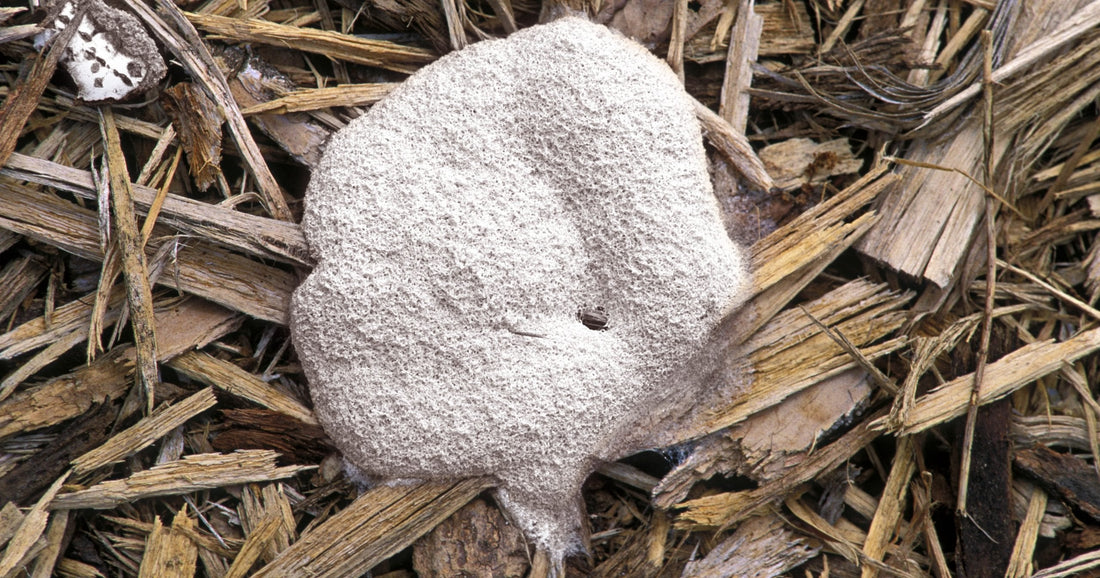
Uncovering the Mold-Resistant Benefits of Rubber Mulch
Share
Why Rubber Mulch Is the Smarter Choice for Mold-Free Landscaping
Recent data from CivicScience (April 2024) reveals that nearly half of Americans (44%) plan lawn or garden projects in the upcoming months. With 70% budgeting $250 or less and 14% ready to spend $500 or more, homeowners are keen on cost-effective yet attractive landscaping solutions. Mulch is a popular pick due to its ability to suppress weeds, prevent soil erosion, and enhance curb appeal. However, conventional wood mulch often harbors an unwelcome guest — mold.
The Mold Dilemma: Why Traditional Mulch Falls Short
Wood mulch, made from hardwood chips or bark, naturally retains moisture and nourishes fungi. While moisture is essential for healthy soil, it creates an ideal breeding ground for various fungi, including mushrooms and slime molds. The University of Delaware highlights how slime molds, distinguishable by their vivid colors and gooey texture, can quickly blanket mulch, diminishing the garden's appearance.
Particularly troublesome is artillery fungus. According to The Spruce, this fungus launches sticky spores onto nearby surfaces, creating unsightly stains that are nearly impossible to remove. With no fungicide solutions available, gardeners are left with manual removal — a time-consuming process that can span weeks.
Mold Management: A Time-Intensive Task
Traditional methods for controlling mulch mold, such as precise watering to maintain optimal moisture levels, demand significant time and effort. Rutgers University emphasizes that mulch should have a moisture content exceeding 40% by weight to foster beneficial bacteria.
Unfortunately, moisture doesn’t only promote fungi. It also attracts pests like termites, earwigs, and centipedes. These insects can damage plants, trees, and even structural elements in landscaped areas. Managing these combined threats requires diligence and ongoing maintenance, posing challenges for both homeowners and commercial property managers.
Why Rubber Mulch Outperforms Traditional Mulch
Rubber mulch stands out as a superior, low-maintenance alternative. Unlike wood mulch, it doesn’t decompose, eliminating the food source that fungi thrive on. Its porous structure ensures minimal water retention, making it difficult for mold and mildew to develop.
Rubber mulch offers added benefits, including durability and longevity. It doesn’t require frequent replacement and maintains its appearance for years. This makes it an attractive option for commercial properties where a clean, well-maintained exterior is crucial. By preventing mold buildup and pest infestations, rubber mulch also helps protect the value of outdoor spaces and wooden structures.
Key Takeaways
While traditional mulch has been the standard for years, its tendency to attract mold and pests can lead to costly maintenance and repairs. Rubber mulch offers a practical, mold-resistant alternative with long-lasting appeal.
For anyone seeking a resilient, low-maintenance landscaping solution — whether for residential gardens or commercial properties — rubber mulch provides an effective way to keep outdoor spaces looking pristine without the added worry of mold, fungi, or pests.
